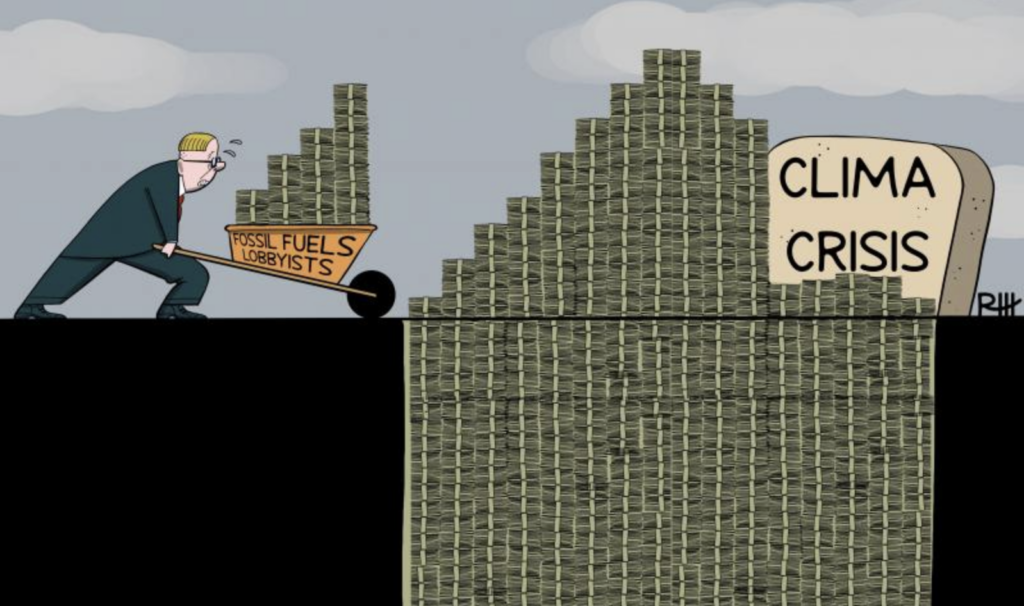The White House significantly edited testimony prepared for a Senate hearing on the impact of climate change on health, deleting key portions citing diseases that could flourish in a warmer climate.
A draft of the testimony submitted for White House review shows that six pages of details about specific disease and other health problems that might flourish if the Earth warms were not delivered at the hearing.
DeSmogBlog is a registered non-profit, and we count on reader’s donations to help us do what we do. So donate today, $10, $25, heck even $5,000 and help us keep hosting great US science writers like Chris Mooney, author of The Republican War on Science and Stormworld and award-winning writers like Bill McKibben and Ross Gelbspan.
Subscribe to our newsletter
Stay up to date with DeSmog news and alerts







